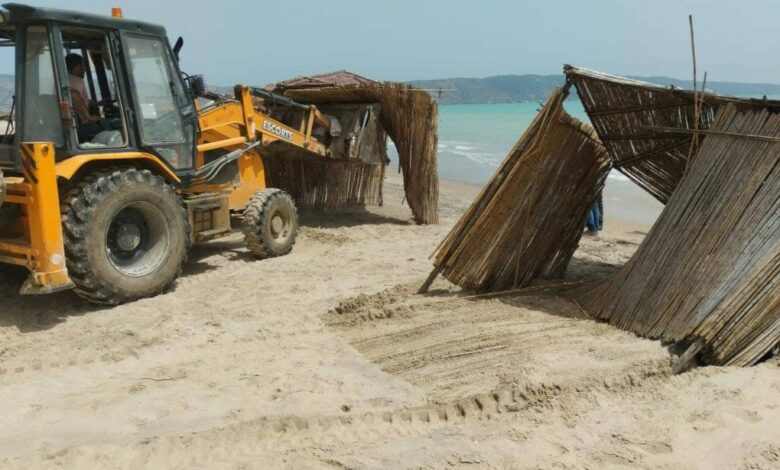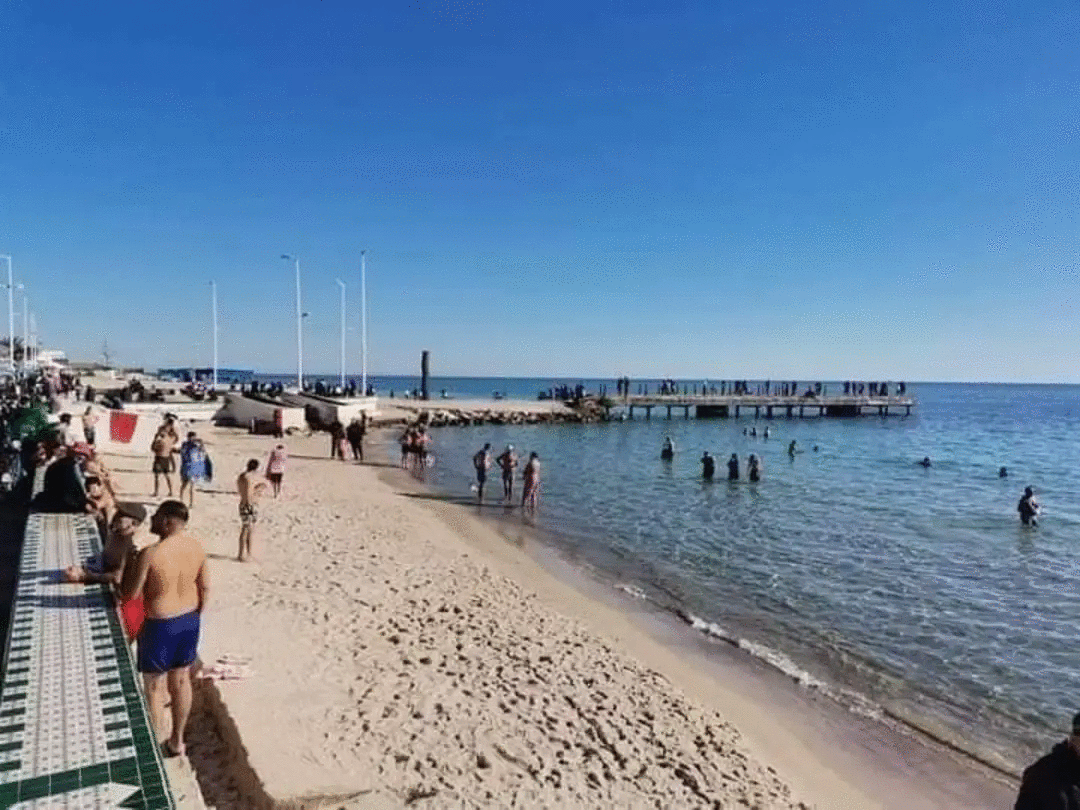Taking back the beach!

By Rania Loghmari
Tunisia, a country situated on the Mediterranean coast of Northwest Africa, is a top tourist destination thanks to a unique blend of culture, rich history, warm weather, and its renowned pristine beaches. From the luscious beaches of beautiful Bizerte, to the extended alluring sea of Sousse and the lucid shores of Monastir, down to the crystal clear waters of the enchanting island of Djerba, this Mediterranean country is well known for its mesmerizing beaches and elongated coastal line.

However, the emergence of a new Man-made phenomenon has robbed many from the beauty this country has to offer.
In recent years, Bizerte, sentinel of the Mediterranean, has witnessed the construction of many new sites of so-called “private beaches” amidst public beaches that were once accessible to everyone.
For example, although the captivating seaside of Sidi Ali el-Mekki has brought much media coverage from influencers promoting the newly-constructed private beaches, commonly known as “Coucou Beach,” the beautiful region has become nearly inaccessible for locals and everyone else as these spots have turned into a lucrative business that like an octopus, you can find its tentacles everywhere, but specifically in Bizerte.
Different organized groups seem to have illegally built straw beach umbrellas and coffee shops and used them as an excuse to ban those who do not pay from the beach.
Following the footsteps of the governorate of Sousse, authorities in Bizerte decided to take action against the use of beaches ! On Saturday, May 28th, 2022, official forces were deployed to demolish and remove constructions erected without a legal building permit.






The governor of Bizerte, Samir Abdellaoui, states that the campaign started in the beach of Sidi Ali El-Mekki and its port, the Bhira area, and was carried out with the removal of 14 different spots built without a permit and a 40-meter-long wall constructed in the maritime public domain, without respect to legal procedures, citizens, or marine ecological balance.
The governor has also confirmed that these campaigns will be continued at a wider rate by official forces, and particularly, by the Regional Committee for the Public Maritime Domain. Mr. Addellaoui also called for the support of members of civil society to endorse the State’s efforts in putting an end to anarchy in other coastal areas facing the same problems.
By Rania Loghmari


